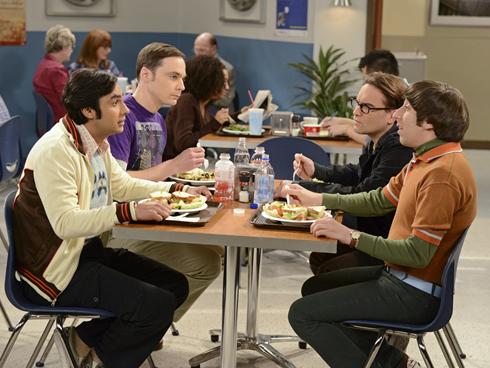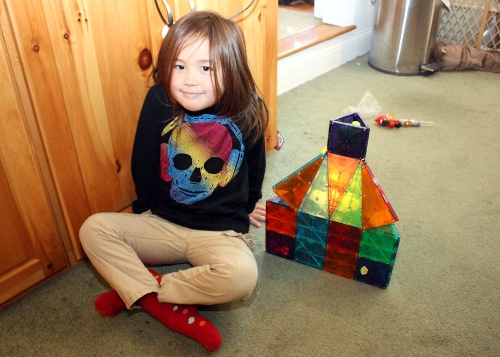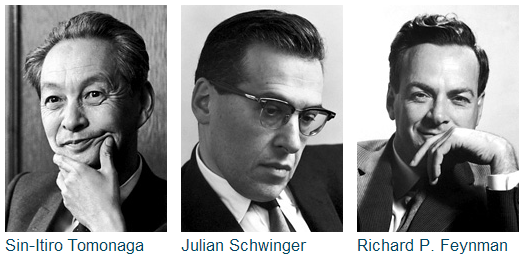Every now and then, I run across a couple of items that tie together a whole bunch of different issues that weigh heavily on my mind. That happened yesterday courtesy of Timothy Burke, whose blog post about an NPR story is so good that there aren’t enough +1 buttons on the entire Internet for it.… Continue reading Deficit Models, Bureaucratic Empathy, and Work-Life Juggling
Month: February 2013
Other Scientists and “The Public”
Over in Twitter-land, Ben Lillie of the Story Collider asked an interesting question, which sparked some discussion that he’s Storified on a Tumblr blog (just in case the date stamp wasn’t enough to mark this as 2013…). The original question was: Partly I’m wondering if there is a reason to have an event series for… Continue reading Other Scientists and “The Public”
Help Wanted: Adjunct Physics Faculty
We’ve got calls out to the local grad programs, and I’ve mentioned this on Twitter a couple of times, but it can’t hurt anything to post it here as well: we’ve got a huge overabundance of first-year engineering students that is forcing us to open extra sections of our intro physics classes to accommodate them.… Continue reading Help Wanted: Adjunct Physics Faculty
Direct and Indirect Heating: Why Don’t Power Plants Change Local Climate?
This past weekend, I was at Boskone, where I appeared on a few science-y panels. One of these was on the possibility of beaming power down from space: Energy From Space Beam me down some juice, Scotty? Let’s talk about the possibilities — and practicalities — of really long-distance power transmission. Tom Easton (M), Jordin… Continue reading Direct and Indirect Heating: Why Don’t Power Plants Change Local Climate?
Physics Is For Eternal Five-Year-Olds
Yesterday’s post about differences between intro physics and chemistry sparked an interesting discussion in comments that I didn’t have time to participate in. Sigh. Anyway, a question that came up in there was why we have physicists teach intro physics courses that are primarily designed to serve other departments. It’s a good question, and in… Continue reading Physics Is For Eternal Five-Year-Olds
Physics vs. Chemistry: Nobody Does Research on Newtonian Mechanics
Not long ago, I had a meeting with the Dean, who is a chemist. One of the things I talked about was my plan for distributing teaching assignments in the next few years, which ran into an interesting cultural difference. I explained how I was trying to make the distribution of assignments a little more… Continue reading Physics vs. Chemistry: Nobody Does Research on Newtonian Mechanics
“The Big Bang Theory” and Social Science
I found myself writing about the social skills of scientists today for the book-in-progress (something I’ve done here before), and how they’re portrayed in the media, so of course I had to drop in a reference to “The Big Bang Theory.” Jim Parsons’s portrayal of Sheldon Cooper pretty much nails down one of the extremes… Continue reading “The Big Bang Theory” and Social Science
Science Online Advice: Writing Books
Last Friday, when I didn’t have any time to blog, Zen Faulkes wrote an interesting wrap-up post on Science Online 2013 in which he declared he won’t be back. Not because it was a bad time, but because other people would benefit from it more, and his not going frees up a spot for somebody… Continue reading Science Online Advice: Writing Books
Dinner in the Invisible Kingdom
[Scene: Dinner at Chateau SteelyPips. DADDY is starting to say something about his day at work, when STEELYKID interrupts.] STEELYKID: If you eat too many hot dogs, you’ll turn into a hot dog! DADDY: That would be pretty silly. Luckily, you’re eating chicken for dinner. Eat your chicken. STEELYKID: There’s a magic hot dog, and… Continue reading Dinner in the Invisible Kingdom
The Higgs Boson in Context
I ran across this recently while looking for something else, and was reminded of it by this discussion of jargon. It’s an attempt to explain the general historical context of the whole Higgs Boson thing, and why it’s important. I improvised this in response to somebody’s question about how I would explain that, drawing mostly… Continue reading The Higgs Boson in Context


